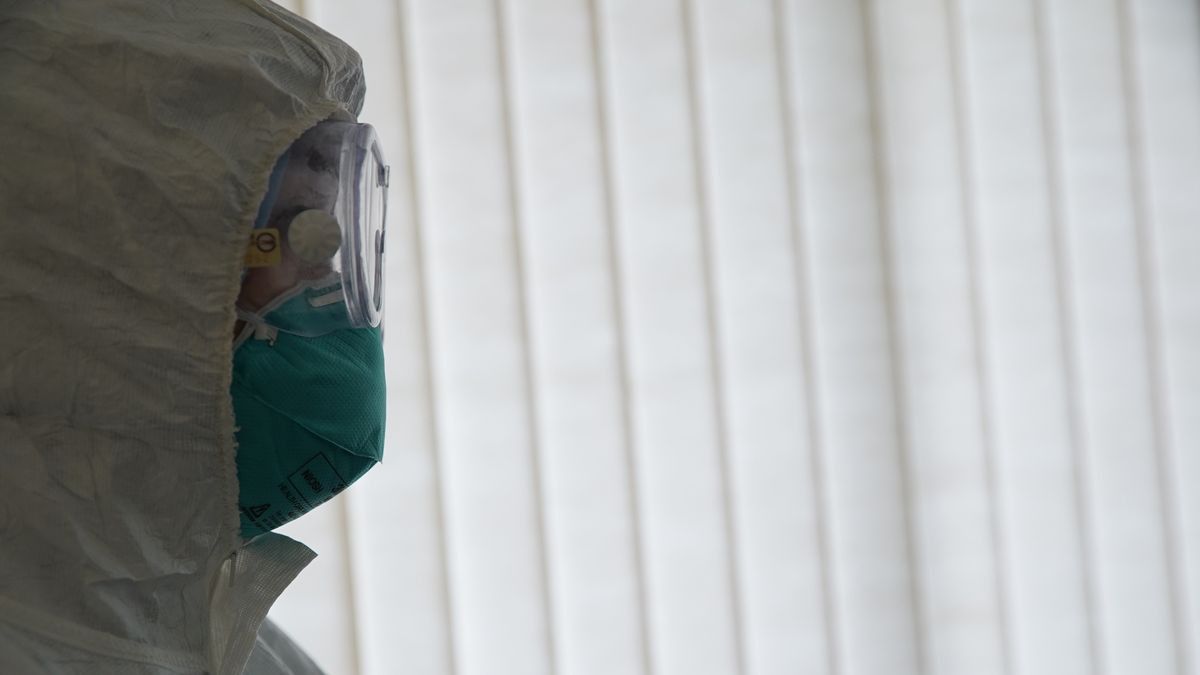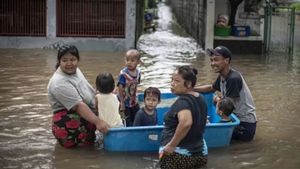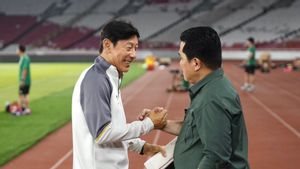JAKARTA - Doctors in South Korea have agreed to end their strike action in the past two weeks. The spike in cases in the country of Ginseng has triggered this solidarity.
The atmosphere has not improved for doctors in South Korea. They are still faced with a growing number of cases when the government announces its medical reform plans.
According to the government's proposal, medical reform would include increasing the number of doctors, building public medical schools, allowing state insurance to cover more oriental medicine, and expanding information technology-based health services. The last point is most highlighted because it allows the patient to consult a doctor without meeting in person (telemedicine).
The government says the initiative will help deal with the health crisis, especially regarding the better spread of the coronavirus. Otherwise. Doctors are of the opinion that the proposal will deepen the concentration of doctors in cities. This will have implications for reduced improvement in the quality of infrastructure and working conditions for doctors in remote and rural areas.
A dramatic compromise"A dramatic compromise," Prime Minister Chung Sye-kyun called the agreement finally reached between the Korean Medical Association and the government. Doctors agreed to end the strike as cases spike in the country.
On Friday, September 4, South Korea reported 198 new cases of the coronavirus, raising the total to 20,842 with 331 deaths. "I hope they will sign an agreement today and the doctors will return to their places soon," Chung said, during the meeting.
A spokesman for the Korean Medical Association hopes the same thing that the signing of the agreement can be realized. According to him, the Ministry of Health had agreed to stop support to increase the number of medical students and open new schools.
The Health Ministry will also review problems with the industry after the coronavirus outbreak has stabilized, Yonhap news agency reported, citing unnamed party officials. In addition, the Ministry has issued return to work orders for doctors and filed complaints with the police against several leaders.
According to the ministry, the strike has caused disruption in clinics and exacerbated the problem of bed shortages, even as the country struggles with a revival of COVID-19 cases.
Previously, about 16 thousand interns had been on strike since August 21. Trainee physicians are the backbone of health care services in emergency rooms and intensive care units, and volunteer at temporary testing stations.
The English, Chinese, Japanese, Arabic, and French versions are automatically generated by the AI. So there may still be inaccuracies in translating, please always see Indonesian as our main language. (system supported by DigitalSiber.id)













